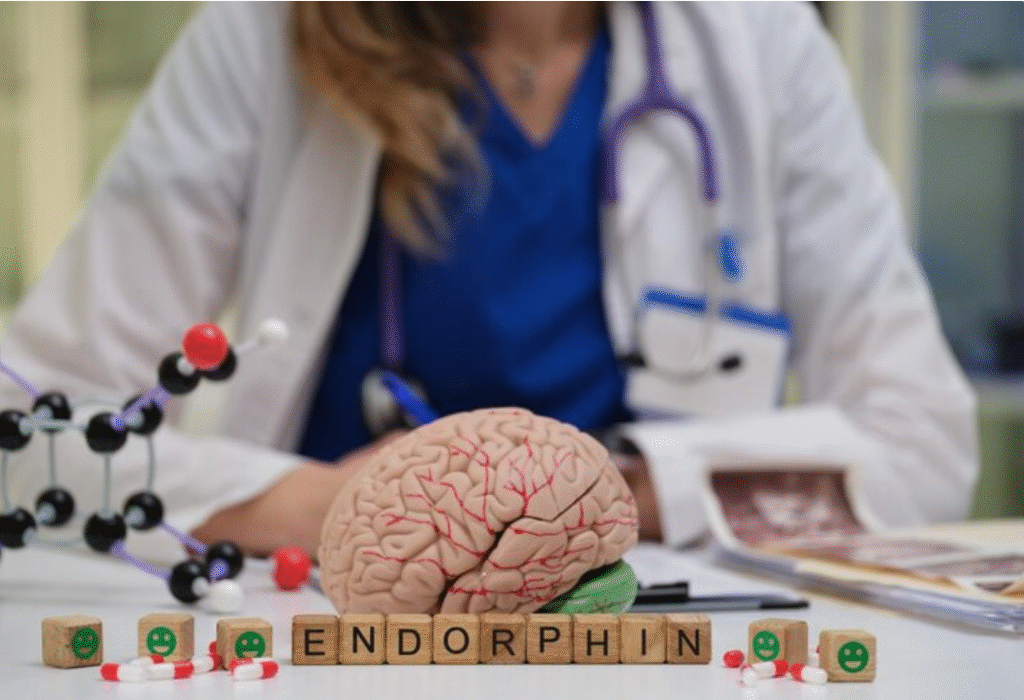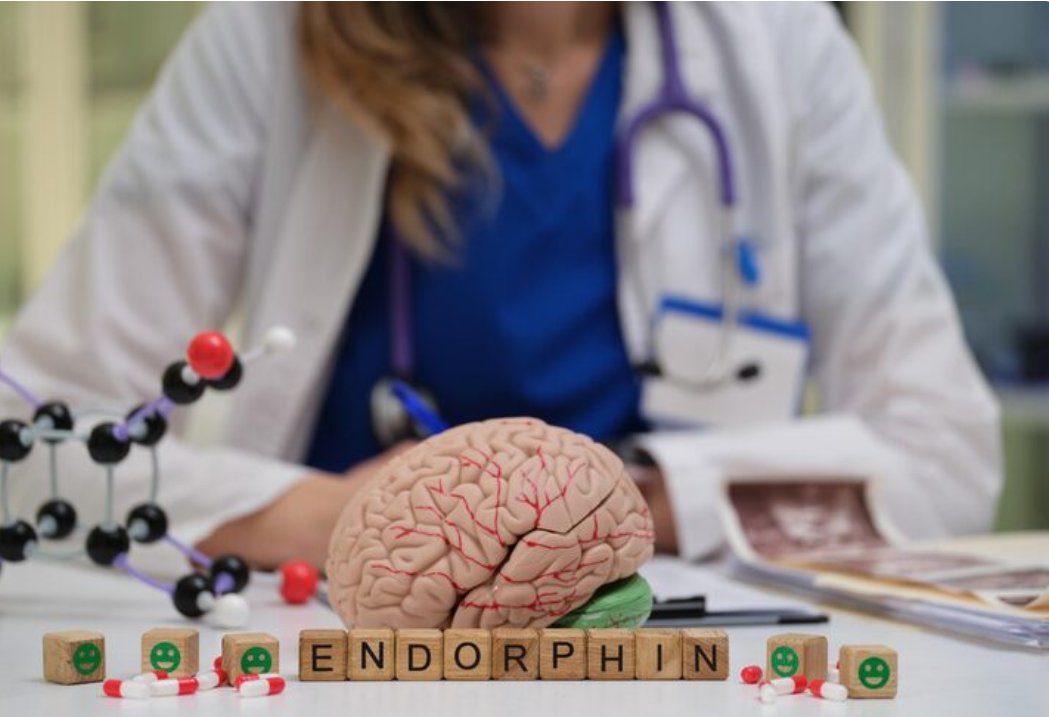More than just a medical facility, Bruyère Brain Health is a live example of how compassion and science can coexist harmoniously. It is the only specialized facility in Eastern Ontario for the evaluation, diagnosis, and treatment of dementia, Alzheimer’s disease, and other cognitive impairments, and it is located in Ottawa. Every appointment there starts with empathy and patience, understanding that memory loss is a story that is playing out in a person’s life rather than merely a symptom.

The goal of the clinic’s model is incredibly clear: to provide patients and their families with knowledge, guidance, and hope. The experience is carefully planned from the time they arrive. Nurses carefully examine symptoms and behavior during the first nursing session, which lasts 45 to 75 minutes. In order to create a comprehensive picture of each patient’s cognitive health, they probe for issues related to everyday living, family relationships, and emotional shifts in addition to clinical specifics.
Bruyère Brain Health – Key Information
| Detail | Information |
|---|---|
| Facility Name | Bruyère Health Memory Clinic |
| Focus Area | Cognitive Impairment, Dementia, Alzheimer’s Disease |
| Location | 75 Bruyère St, Suite 110Y, Ottawa, Ontario, K1N 5C8 |
| Contact | Tel: 613-562-6322 / Fax: 613-562-6013 |
| Hours of Operation | Monday to Friday, 8:00 am – 4:00 pm |
| Associated Facility | Aline Chrétien Health Hub, Orléans |
| Research Areas | Drug Trials, Early Detection, Diagnostic Innovation |
| Reference | https://www.bruyere.org |
The next visit, which is typically with a doctor, is more thorough and can go up to two hours. It includes a review of medical history, a neurological examination, and a discussion of available treatments. Each case is handled differently, which has been very helpful for people dealing with early-onset cognitive impairment. The hurried efficiency observed in many medical facilities stands in stark contrast to this regulated pace of care.
Over the past ten years, the clinic’s reputation has significantly improved, mostly as a result of its research-driven approach and exceptionally successful patient outcomes. In collaboration with neuropsychologists, Bruyère offers comprehensive memory, language, and executive function testing, resulting in diagnoses that are not only precise but also incredibly illuminating. Support is provided through education, emotional support, and rehabilitation after a diagnosis thanks to the clinic’s collaboration with community-based initiatives.
In keeping with the clinic’s view that community is necessary for memory repair, families are encouraged to attend appointments. Deciphering dementia can be like trying to understand a foreign language for many families. The staff at Bruyère acts as a guide and interpreter, providing families with helpful suggestions and putting them in touch with organizations that can assist with adaptation. It’s a really creative method that transforms medicine into mentoring.
Bruyère’s cooperation with research teams has had a major influence in recent years. The center has made significant contributions to the field of early dementia identification through clinical medication trials and diagnostic imaging investigations. From AI-assisted brain mapping to neuroprotective medications, these initiatives are influencing the next wave of medical interventions. Bruyère is demonstrating that healthcare can be both human-centered and incredibly efficient by utilizing state-of-the-art technology.
Instead than characterizing the experience as clinical, patients who take part in these studies frequently view it as empowering. They stop being subjects and start co-discovering. The idea that medical research should incorporate, not exclude, the people it seeks to assist is a perspective that is similar to that of trailblazing organizations like the Mayo Clinic and UCL’s Dementia Research Centre.
Practically speaking, the clinic runs with a level of efficiency that patients find comforting. Although they are structured, appointments can be adjusted to meet the needs of each client. Every member of the staff, including nurses, doctors, and psychologists, contributes to a symphony of care through their nearly orchestrated synchronization. This method has improved diagnostic accuracy while greatly lowering patient stress.
Respect for time, preparation, and the demand for limited appointment slots is reflected in the clinic’s cancellation policy, which includes a small $50 fee for last-minute alterations. The aging of the Canadian population and the rising incidence of Alzheimer’s disease have led to an exponential increase in demand for Bruyère’s services in recent years. Those who are still waiting for answers gain from the system’s continued high efficiency, which is maintained by making sure every appointment is kept.
Bruyère’s collaboration with the Aline Chrétien Health Hub in Orléans has broadened its accessibility. Patients who live outside of Ottawa’s downtown area have benefited greatly from this new site, which has ensured fair access to specialized brain care and reduced travel burden. The clinic has fulfilled its commitment that no patient should have to go too far to obtain high-quality cognitive support by expanding.
The environment within the facility is serene and comforting. The grey-canopied entrance leads to a room intended to be reassuring rather than frightening. Patients feel understood rather than watched in this setting because to the staff’s calm accents, slow pace, and soft lighting. This serene environment is helpful for those suffering from memory loss, not merely aesthetic.
Bruyère’s study has a profound impact on the medical community that extends beyond care. The center works together to investigate brain biomarkers and gene-based treatments that may one day allow for early diagnosis. These initiatives have a very long-term goal: to make dementia a treatable illness rather than a life sentence. Similar advancements in oncology, where customized therapy has transformed survival rates, are evocative of this kind of innovation.
Advocates and public personalities have started spreading the word about Bruyère’s aim. Clinics like Bruyère become more visible as concrete representations of hope as a result of celebrities like Glenn Close and Seth Rogen raising awareness of dementia. This awareness is especially crucial in Canada, where more than 600,000 Canadians already suffer from cognitive impairment. Bruyère serves as a reminder that function and confidence can be restored via successful intervention.
Every employee at Bruyère embodies a combination of professionalism and compassion. When patients arrive feeling scared or confused, nurses frequently act as emotional support systems. In order to transform fear into comprehension, doctors take the time to explain medical jargon in incredibly straightforward English. By relating symptoms to trends and treatment to potential, neuropsychologists use data to create connections. As a result, the care experience feels transformative rather than transactional.





